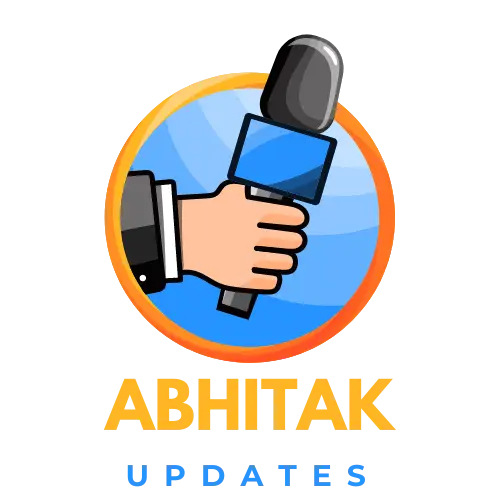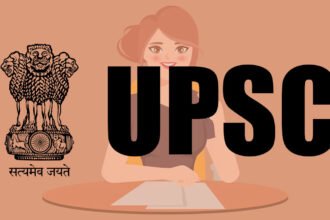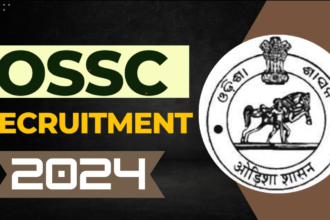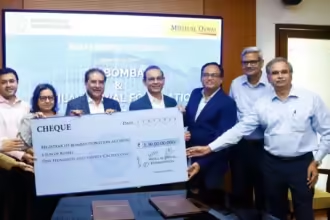Mumbai: In a move that could reshape the landscape of alternative medicine education, the Maharashtra government has proposed a sweeping increase in tuition fees for private Ayurveda, Homeopathy, and Unani colleges. This ambitious plan, if approved, would allow these institutions to charge up to five times the regular fees for seats under the institute quota. This proposed change has sparked a flurry of reactions, raising questions about accessibility, fairness, and the future of health science education in the state.
A Crucial Meeting Sparks the Proposal 📅🤝
On September 2, a delegation from the Association of Management of Ayurvedic Colleges of Maharashtra met with the state Medical Education Minister to present their case for a fee increase. Facing mounting financial pressures, the colleges argued that the current fee limits are insufficient to cover their operating costs. The delegation’s plea for a substantial fee hike was driven by the escalating costs of running these institutions, which they believe have outpaced the allowable fee limits.
Dinesh Waghmare, Principal Secretary at the Medical Education Department, confirmed that the department has no objections to the proposed changes. “The colleges have struggled with the current fee structure. We’ve forwarded their recommendation to the FRA, the body responsible for setting these limits,” Waghmare explained.
Current Fee Structure vs. Proposed Changes 📊💵
Under the existing regulations, private colleges are allowed to charge up to three times the regular fees for undergraduate (UG) courses and four times for postgraduate (PG) courses under the institute quota. The proposed increase would allow these institutions to charge up to five times the regular fees, a significant leap that could drastically alter the cost of education.
Current Fee Limits:
- UG Courses: Up to 3x regular fees
- PG Courses: Up to 4x regular fees
Proposed Fee Limits:
- UG Courses: Up to 5x regular fees
- PG Courses: Up to 5x regular fees
Impacts on Students and Families 👨👩👧👦🏥
The proposed fee hike has ignited concerns about the financial burden it will place on students and their families. Kuldeep Ambekar, a student activist from Pune, expressed his worries about the potential consequences. “The government’s push for higher fees seems at odds with its commitment to affordable education. If implemented, this increase will place an enormous financial strain on students, pushing many towards studying abroad where costs might be lower,” Ambekar said.
With the new fee structure, students might face higher education costs, making it challenging for those from less affluent backgrounds to afford a degree in alternative medicine. This change could lead to a shift in student enrollment patterns, potentially affecting the diversity and accessibility of these programs.
Regulatory Context and Recent Developments 📜⚖️
The proposed fee hike follows recent regulatory decisions by the FRA, which included setting limits on refundable deposits and caution money for private health science institutes. In 2019, the FRA allowed higher fees for institute and NRI quotas while reducing regular seat fees, aiming to balance institutional financial needs with student accessibility.
The current proposal to increase fees aligns with this ongoing trend but represents a more dramatic adjustment. The FRA’s previous regulations were intended to ensure that while some students paid higher fees, those on regular seats benefited from lower costs. The new proposal, however, raises questions about how it will impact the balance between institutional revenue and student affordability.
Looking Ahead: What’s Next? 🔮🗓️
As the proposal awaits final approval, the education sector is abuzz with discussions about its potential effects. Will this fee increase enhance the financial stability of alternative medicine colleges, or will it create barriers that deter aspiring students? The outcome will likely hinge on how well the government and the FRA address these concerns and balance institutional needs with the accessibility of education.
Conclusion: A Crossroads for Education 🎓🔍
The Maharashtra government’s proposal to allow a significant increase in fees for Ayurveda, Homeopathy, and Unani colleges marks a pivotal moment for the state’s education system. While the intent behind the proposal is to address financial pressures faced by institutions, it raises pressing concerns about the future accessibility of education in these fields. As stakeholders await further developments, the focus will remain on finding a balance that supports both the financial viability of institutions and the educational aspirations of students.
